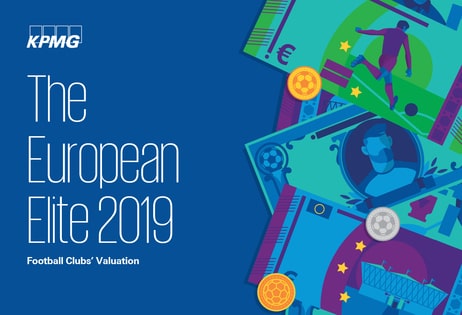
Specifically, Swindon Town.
And it ached to see them losing - something the team made a habit of in the 1949/50 season.
- So frustrated was Wing Cdr Reep with one particular performance, that for the second half he pulled out his notepad and started making notes on the players - their movements, their positions, the shape of their play. He identified small changes that he thought could help the team grab a few more goals.
He was decades ahead of his time.
Now, behind the biggest football teams in the world, lies a sophisticated system of data gathering, metrics and number-crunching. Success on the pitch - and on the balance sheet - is increasingly becoming about algorithms.
The richest 20 clubs in the world bring in combined revenues of 5.4bn euros ($7.4bn, £4.5bn), according to consultancy firm Deloitte. And increasingly, data is being seen as crucial to maximising that potential income by getting the most from football's prized investments - the players.
Hoof it! Vizyon & Misyon
Vizyon & Misyon












































